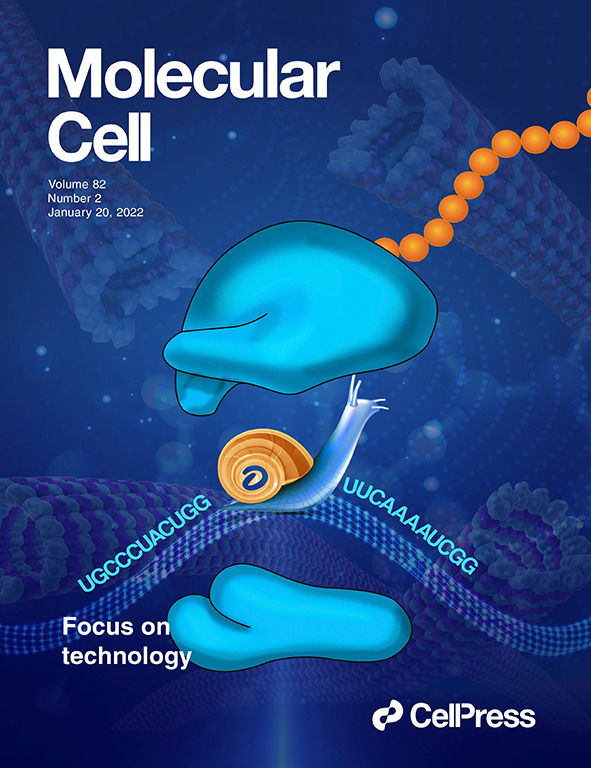推进自闭症的精确诊断:来自大规模基因组研究的见解。
IF 6.5
3区 生物学
Q2 BIOCHEMISTRY & MOLECULAR BIOLOGY
引用次数: 0
摘要
自闭症谱系障碍(ASD)是一种具有复杂遗传基础的神经发育疾病。大规模全外显子组测序(WES)和全基因组测序(WGS)研究,随着样本量的增加和祖先多样性的提高,显著推进了asd相关基因的发现。除了识别编码变异外,WGS还有助于检测调节元件(如增强子、启动子和非翻译区域)中的风险非编码变异,从而促进实验验证其对神经发育的功能影响。对自闭症谱系障碍遗传倾向的深入了解揭示了罕见和常见变异之间的相互作用。此外,遗传倾向因性别和表型而异,强调了ASD遗传结构的复杂性。虽然这些基因组学见解的临床应用仍处于早期阶段,但在基于基因的治疗开发、非编码风险变异的解释以及使用多基因评分进行风险分层方面取得了进展。在这篇综述中,我们总结了大规模基因组研究的主要发现,探讨了编码和非编码变异在ASD中的作用,并讨论了将这些发现转化为临床实践的新机会。本文章由计算机程序翻译,如有差异,请以英文原文为准。
Advancing precision diagnosis in autism: Insights from large-scale genomic studies
Autism spectrum disorder (ASD) is a neurodevelopmental condition with a complex genetic basis. Large-scale whole-exome sequencing and whole-genome sequencing studies, with increasing sample sizes and improved ancestral diversity, have significantly advanced the discovery of ASD-associated genes. In addition to identifying coding variants, whole-genome sequencing has facilitated the detection of risk noncoding variants in regulatory elements such as enhancers, promoters, and untranslated regions, prompting experimental validation of their functional impact on neurodevelopment. A deeper understanding of ASD genetic liability has revealed the interplay between rare and common variants. Moreover, genetic liability varies by sex and phenotype profile, underscoring the complexity of ASD’s genetic architecture. While the clinical application of these genomic insights remains in early stages, progress has been made in gene-based therapeutic development, the interpretation of noncoding risk variants, and the use of polygenic score for risk stratification. In this review, we summarize key findings from large-scale genomic studies, explore the role of coding and noncoding variants in ASD, and discuss emerging opportunities for translating these discoveries into clinical practice.
求助全文
通过发布文献求助,成功后即可免费获取论文全文。
去求助
来源期刊

Molecules and Cells
生物-生化与分子生物学
CiteScore
6.60
自引率
10.50%
发文量
83
审稿时长
2.3 months
期刊介绍:
Molecules and Cells is an international on-line open-access journal devoted to the advancement and dissemination of fundamental knowledge in molecular and cellular biology. It was launched in 1990 and ISO abbreviation is "Mol. Cells". Reports on a broad range of topics of general interest to molecular and cell biologists are published. It is published on the last day of each month by the Korean Society for Molecular and Cellular Biology.
 求助内容:
求助内容: 应助结果提醒方式:
应助结果提醒方式:


